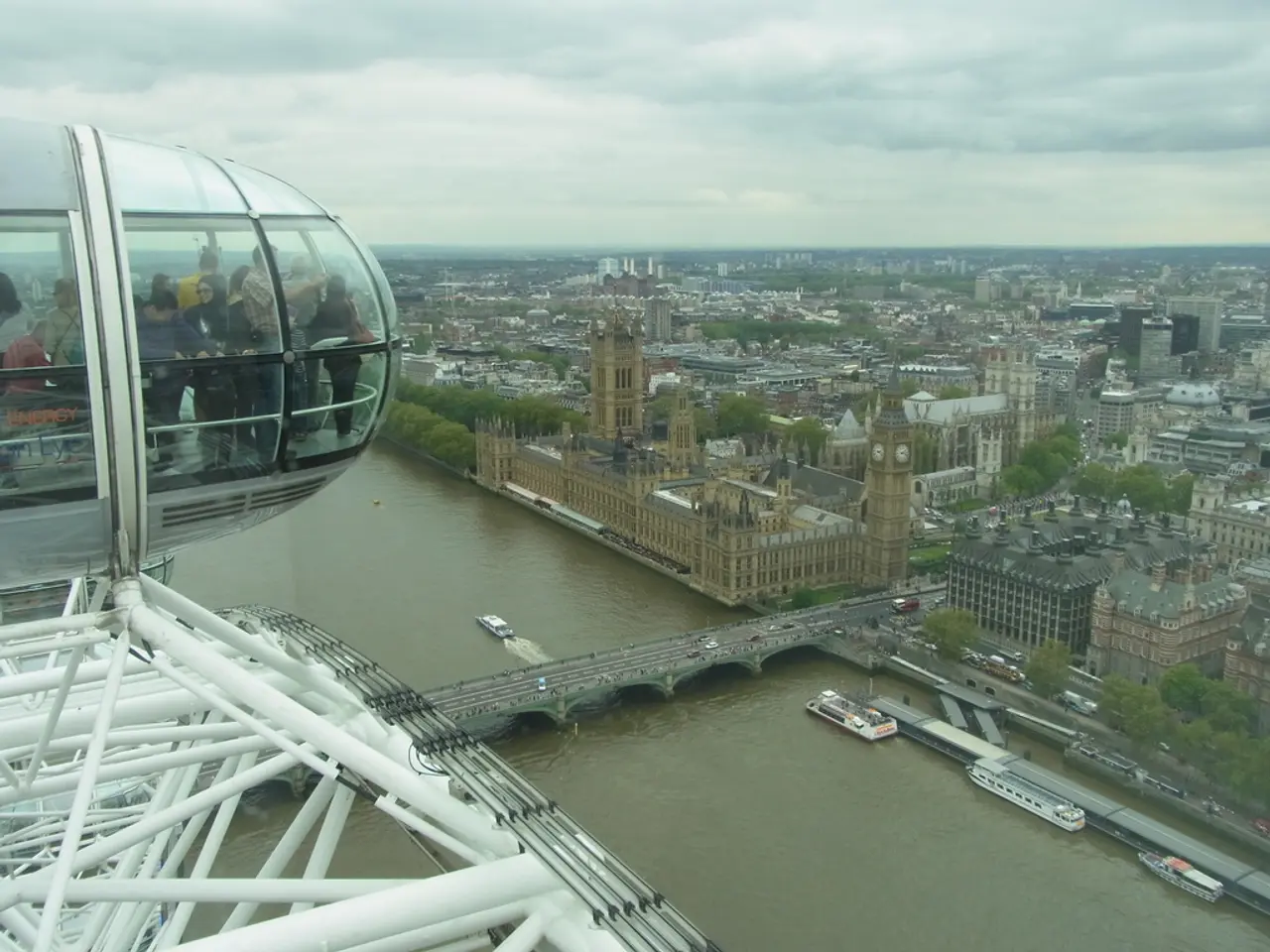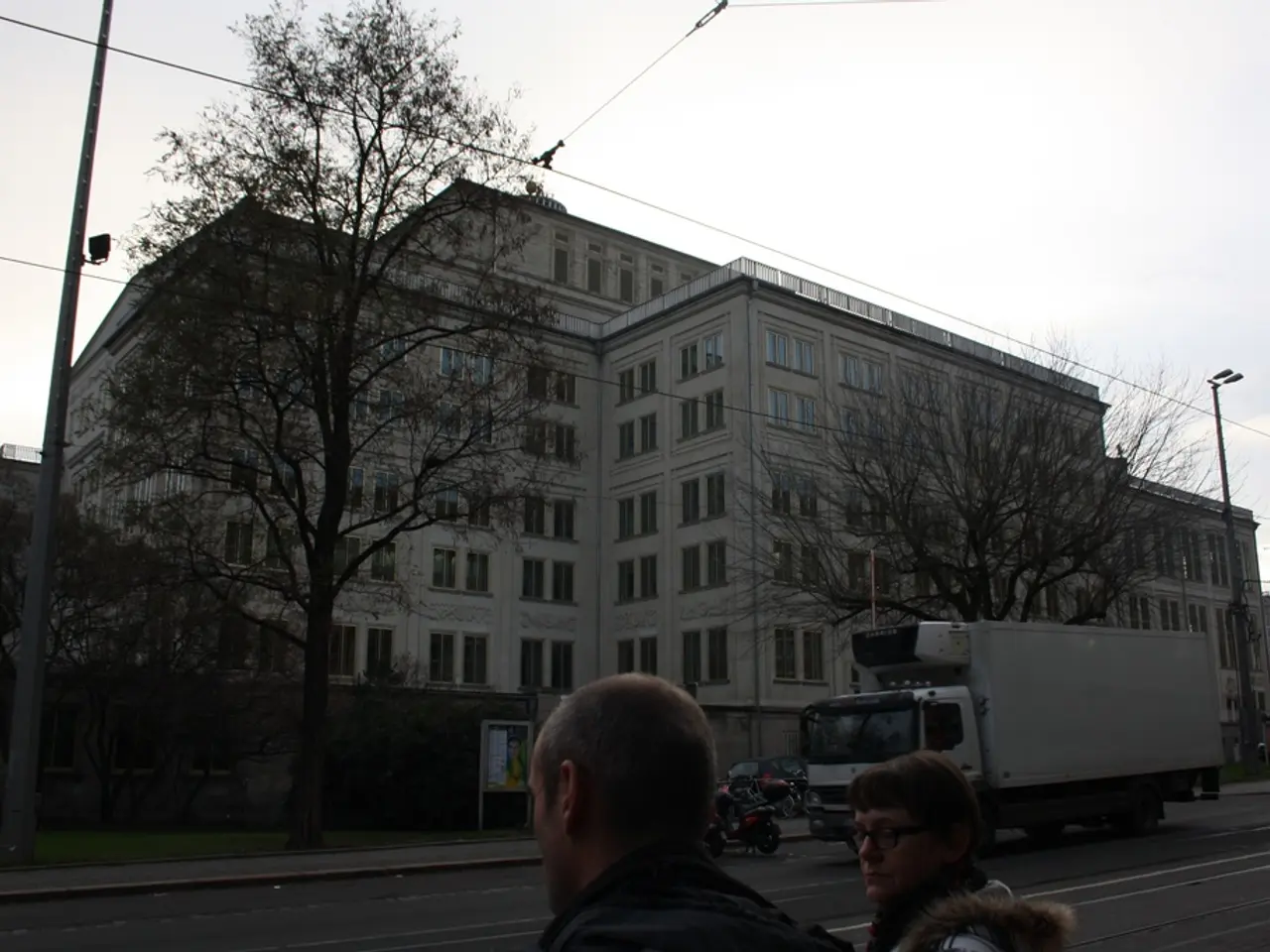Elon Musk's Supercomputer Controversy in Memphis as NAACP Contests Permitting Its Operation
NAACP and Allies Challenge xAI's Air Permit for Data Center Turbines
The NAACP, along with the Southern Environmental Law Center (SELC) and Young, Gifted & Green, have filed an appeal against the Shelby County Health Department's decision to grant Elon Musk's xAI a permit to operate 15 methane gas turbines at its South Memphis data center.
The appeal, filed with the Memphis and Shelby County Air Pollution Control Board, disputes the Shelby County Health Department’s approval of xAI’s permanent permit for the turbines, which are said to run 24/7.
According to the appeal, xAI reportedly installed 35 gas turbines without permits prior to receiving the recent one, and continued to run turbines beyond the permitted 15, contravening regulations and raising air quality concerns.
The turbines used by xAI are alleged to release hazardous air pollutants, including formaldehyde. These emissions disproportionately impact predominantly Black communities in South Memphis, which already suffer from poor air quality and elevated health risks. Methane gas turbines emit pollutants such as smog-forming chemicals and formaldehyde, linked to asthma, respiratory illnesses, cardiovascular problems, and higher cancer risks.
The Shelby County Health Department cited a "nonroad engine" exemption under the Clean Air Act for xAI’s turbines, typically applying to smaller equipment like lawn mowers or construction machinery. The appellants argue that this exemption is not valid for the size and scale of xAI’s turbines, making the permit unlawful under federal law.
The permit was issued despite hundreds of public comments opposing it, indicating significant community concern over environmental justice and pollution. Derrick Johnson, NAACP president and CEO, stated that Elon Musk's wealth does not give him the right to pollute Black communities and jeopardize their health.
Residents living near the facility have expressed concerns about the emissions from the turbines increasing air pollution in Memphis. The SELC's appeal argues that the county's health department ignored the concerns of residents and misclassified the turbines used by xAI, leading to inaccurate permits.
The NAACP addressed these concerns to Dr. Michelle Taylor, Director of the Shelby County Health Department. Despite these concerns, the Shelby County Health Department issued a permit on July 2, allowing xAI to operate up to 15 turbines, as reported by CNBC.
The NAACP's demand for an immediate shutdown of Colossus was made in June. The SELC's appeal is a continuation of the fight for environmental justice in Memphis, where residents and community groups are standing up against corporations that they believe are putting profits over people's health.
[1] NBC News, "NAACP, SELC File Appeal Against Elon Musk's xAI Over Gas Turbine Emissions," [link to article] [2] CNBC, "Elon Musk's xAI Granted Permit to Operate Turbines at South Memphis Data Center," [link to article] [3] Memphis Commercial Appeal, "Residents Near xAI Data Center Concerned About Emissions," [link to article] [4] Memphis Flyer, "NAACP Demands Shutdown of Elon Musk's xAI Data Center," [link to article]
- The appeal filed by the NAACP, SELC, and Young, Gifted & Green challenges the permit granted to Elon Musk's xAI for operating methane gas turbines at its South Memphis data center, as they assert that these turbines contribute to climate-change due to their continuous operation and emit hazardous air pollutants like formaldehyde, which have harmful effects on human health, particularly in predominantly Black communities.
- The NAACP and allies question the validity of the permit, as the Shelby County Health Department claimed a "nonroad engine" exemption under the Clean Air Act, arguing that this exemption is inappropriate for the size and scale of xAI’s turbines, making the permit unlawful under federal law.
- The NAACP's struggle for environmental justice in Memphis, as exemplified by their continued fight against xAI, underscores the importance of prioritizing renewable-energy sources and considering the environmental impact of industry, ensuring a healthier and safer future for all communities.




